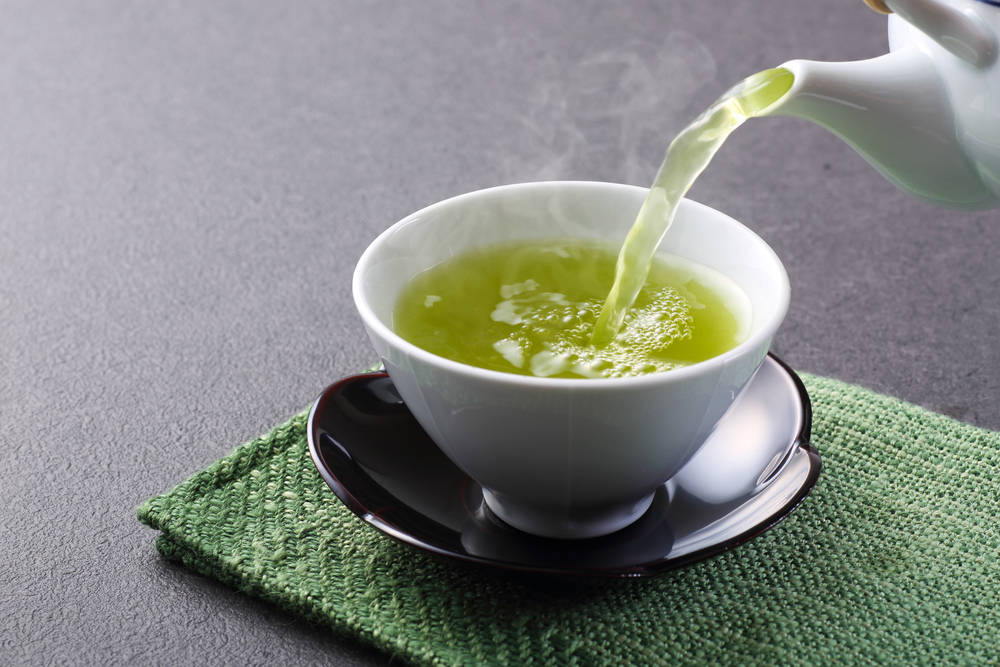Asparagus is a vegetable that is loved by many for its unique taste and versatility in cooking. But what does asparagus really taste like?
Asparagus has a distinct, strong, assertive taste with somewhat bitter undertones. It has an earthy grassy flavor similar to other green veggies like broccoli, but with a hint of more bitterness.
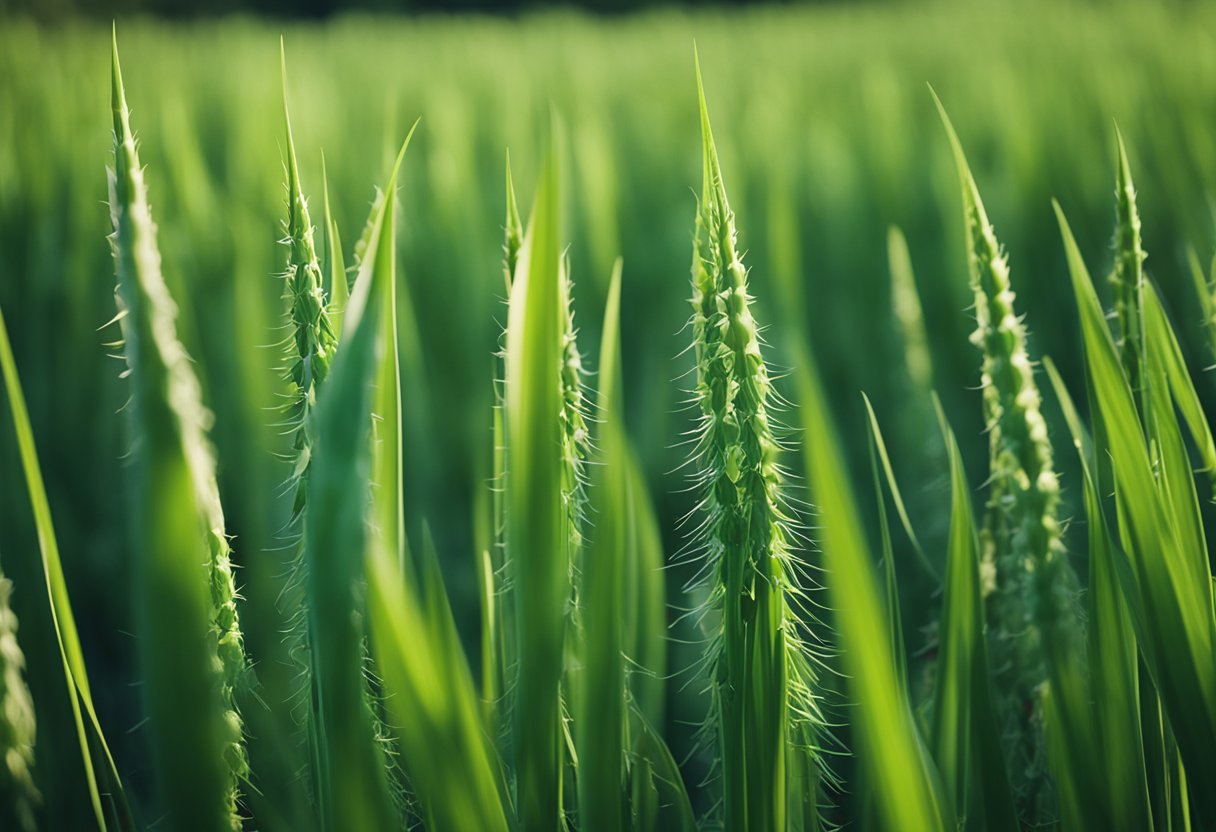
The intensity of flavor of asparagus also depends on the thickness of the stalks. Thin stalks tend to be more tender and mild in flavor, while thicker stalks are more fibrous and have a stronger taste.
Asparagus can also taste bitter, especially if you try to eat its bottom, which has a stringy texture.
Key Takeaways
- Asparagus has a distinct, strong, assertive taste with somewhat bitter undertones.
- The intensity of flavor of asparagus depends on the thickness of the stalks.
- Asparagus can also taste bitter, especially if you try to eat its bottom, which has a stringy texture.
Understanding Asparagus
Asparagus is a vegetable that belongs to the lily family. It is a perennial plant that grows up to 100-150 cm tall.
Asparagus is a popular vegetable that is known for its unique taste and texture. It is commonly used in salads, soups, and as a side dish.
Asparagus comes in different colors, including green, white, and purple. The most common type of asparagus is green, which has a slightly bitter taste and a crunchy texture.
White asparagus, on the other hand, has a milder taste and a softer texture. It is grown by covering the asparagus with soil to prevent it from turning green.
Purple asparagus is a bit sweeter than green asparagus and has a thicker skin.
Asparagus has been cultivated for thousands of years and is believed to have originated in the eastern Mediterranean region.
It was first cultivated by the ancient Egyptians and Greeks, who used it for its medicinal properties. Asparagus was also a favorite food of the Roman emperors, who considered it a delicacy.
There are different varieties of asparagus, including wild asparagus, which is smaller and thinner than cultivated asparagus.
Other types of asparagus include Mary Washington, Jersey Knight, and Purple Passion. Each variety has a unique taste and texture, making it a versatile ingredient in many dishes.
In conclusion, asparagus is a nutritious and delicious vegetable that comes in different colors and varieties. Whether you prefer green, white, or purple asparagus, it is a great addition to any meal.
Taste Profile of Asparagus
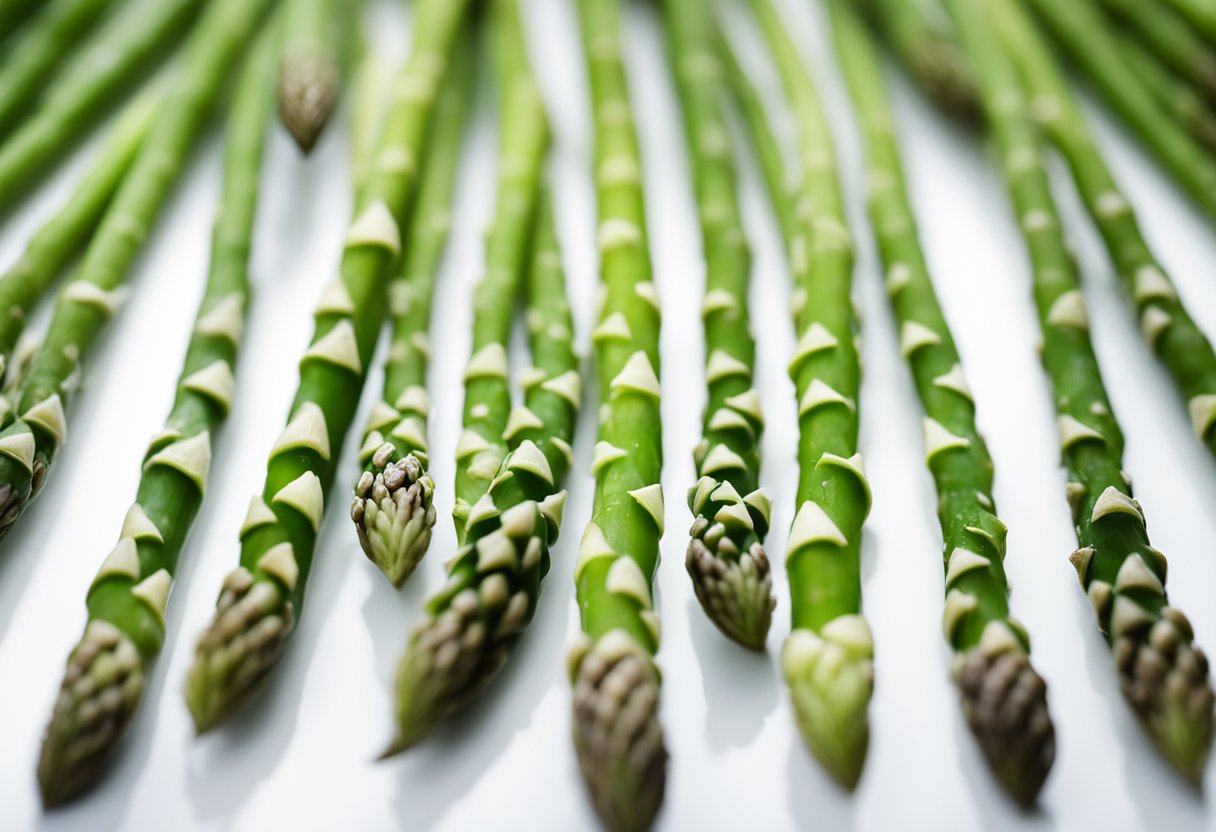
Asparagus is a green vegetable that has a unique taste. Its flavor profile can be described as earthy, grassy, and slightly bitter.
The bitterness of asparagus is not overpowering, but it can be detected by some people.
When cooked, asparagus can become sweeter and less bitter. The sweetness of asparagus is subtle and not as pronounced as its earthy and grassy notes.
The sweetness can be enhanced by roasting or grilling the asparagus.
Old asparagus can have a more sour taste due to its high content of asparagusic acid. This acid breaks down into sulfur-containing compounds that give the vegetable its characteristic odor and taste.
However, this sourness is not always unpleasant and can be balanced out by other flavors.
The texture of asparagus is also an important aspect of its taste profile. Asparagus has a fibrous and crunchy texture that can be slightly stringy.
This texture can be altered by cooking methods such as blanching or sautéing.
In summary, the taste of asparagus is a combination of earthiness, grassiness, bitterness, and subtle sweetness. Its texture is fibrous and crunchy.
The bitterness can be balanced out by cooking methods, and the sourness of old asparagus can be balanced out by other flavors.
Texture and Consistency
Asparagus has a unique texture and consistency that sets it apart from other vegetables. The texture of asparagus can be described as thin and tender, with a slightly woody stem at the bottom.
The woody ends of the asparagus are often removed before cooking to ensure a more pleasant eating experience.
When cooked properly, asparagus has a satisfying crunch that gives way to a tender interior. Overcooked asparagus can become mushy and lose its texture, so it’s important to keep an eye on it while cooking.
The consistency of asparagus can vary depending on how it’s prepared. Roasting or grilling asparagus can give it a slightly crispy exterior, while steaming or boiling can result in a softer texture.
Additionally, the thickness of the asparagus can also affect its consistency. Thicker asparagus may take longer to cook and have a more substantial bite, while thinner asparagus will cook faster and have a more delicate texture.
Overall, the texture and consistency of asparagus is a key component of its unique taste and should be considered when preparing it.
Cooking Methods and Flavor Enhancements
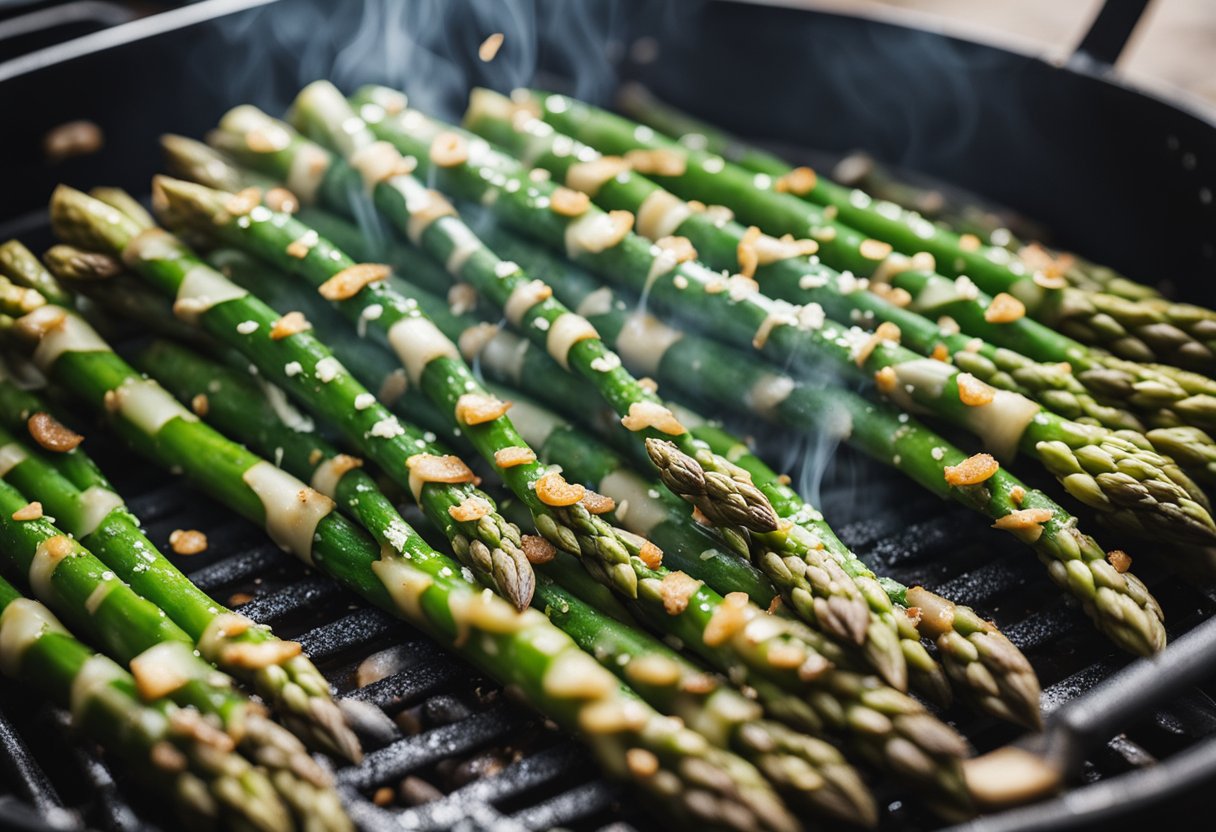
When it comes to cooking asparagus, there are several methods to choose from, each with unique benefits and drawbacks. Some popular cooking methods include boiling, steaming, roasting, grilling, and sautéing.
Boiling and steaming are both great options for cooking asparagus quickly and easily. To boil asparagus, simply add it to a pot of boiling water and cook for 3-5 minutes until tender.
Steaming is a similar process, but with the added benefit of retaining more of the vegetable’s nutrients. To steam asparagus, place it in a steamer basket over boiling water and cook for 5-7 minutes.
Roasting and grilling are both fantastic methods for adding flavor and texture to asparagus. To roast asparagus, toss it with olive oil, salt, and pepper, and bake in a preheated oven at 400°F for 10-15 minutes until tender and slightly caramelized.
Grilled asparagus can be prepared in a similar way, either on a grill pan or an outdoor grill.
Sautéing is another popular method for cooking asparagus, which involves quickly cooking the vegetable in a pan with butter or oil until tender.
This method is great for adding additional flavors, such as garlic or lemon juice, to the asparagus.
When cooking asparagus, it’s important to avoid overcooking, which can result in a mushy texture and a loss of flavor.
To prevent overcooking, be sure to watch the asparagus closely and remove it from the heat as soon as it is tender.
In addition to cooking methods, there are also several flavor enhancements that can be added to asparagus to elevate its taste. Some popular options include parmesan cheese, ham, hollandaise sauce, and lemon juice.
Before cooking asparagus, it’s important to wash it thoroughly and remove any tough, woody ends with a vegetable peeler.
By following these tips and experimenting with different cooking methods and flavor enhancements, you can discover the delicious and versatile taste of asparagus.
Asparagus in Recipes

Asparagus is a versatile vegetable that can be used in a variety of recipes. It pairs well with many different types of meat, including chicken, fish, and beef.
Asparagus can also be used in vegetarian dishes, such as salads and pasta dishes.
One of the simplest ways to prepare asparagus is to roast it with olive oil and salt. This brings out the vegetable’s natural flavor and sweetness. Garlic can also be added for extra flavor.
Asparagus can be used in salads, either raw or lightly steamed. It pairs well with other vegetables such as tomatoes, mushrooms, and broccoli.
A simple salad dressing of olive oil and balsamic vinegar complements the flavors of the vegetables.
Asparagus can also be fried or sautéed and used as a side dish. It pairs well with rice and pasta dishes. A sprinkle of sugar can help to caramelize the asparagus and enhance its sweetness.
When using asparagus in recipes, it is important to select fresh, firm stalks. The tips should be tightly closed and the stalks should not be too thick or woody.
Asparagus should be cooked quickly to retain its flavor and texture.
Overall, asparagus is a versatile and flavorful vegetable that can be used in a variety of recipes. Its unique taste and texture make it a popular choice for both meat-based and vegetarian dishes.
Nutritional Benefits of Asparagus
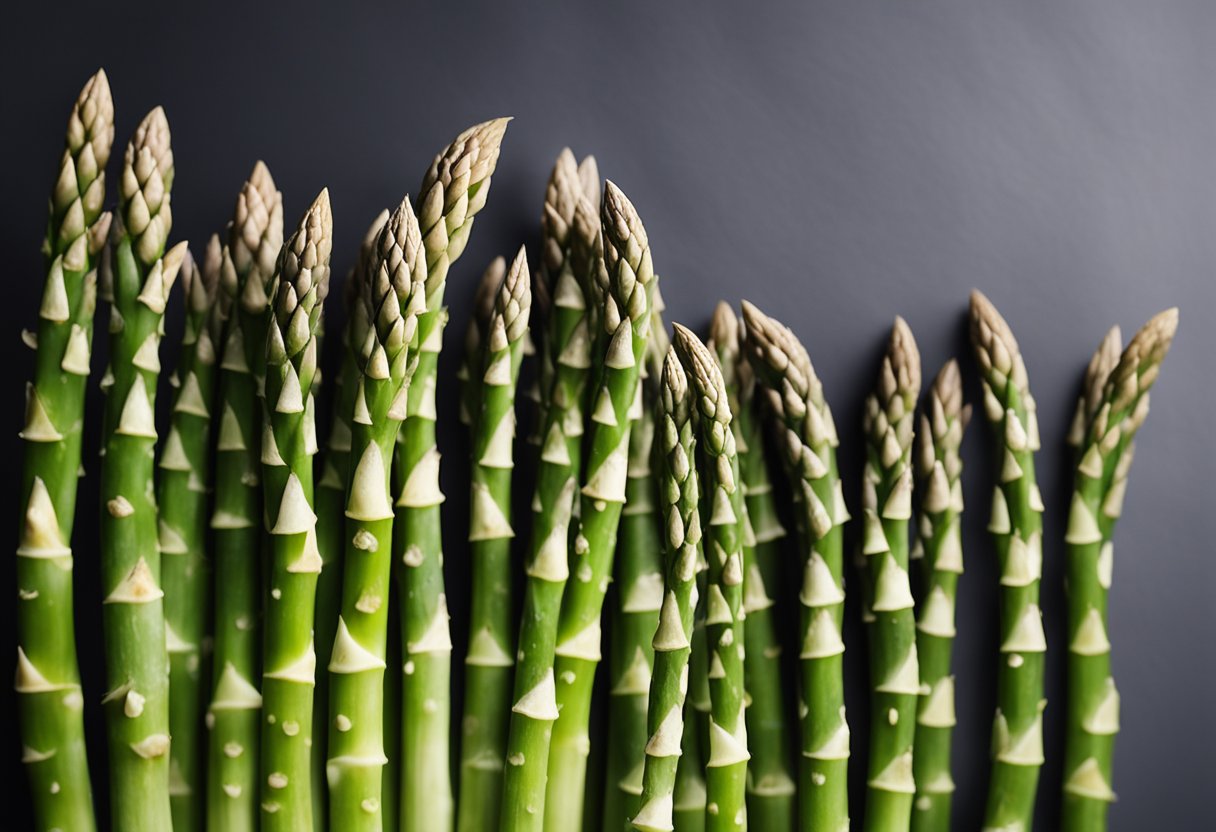
Asparagus is a nutritious vegetable that is low in calories and high in fiber. It is an excellent source of vitamins and minerals, making it an essential part of a healthy diet. Here are some of the nutritional benefits of asparagus:
Vitamins and Minerals
Asparagus is a rich source of vitamins and minerals. It contains vitamins A, C, E, and K, as well as folate and potassium.
These vitamins and minerals are essential for the proper functioning of the body. Folate is particularly important for pregnant women as it helps to prevent birth defects.
Fiber
Asparagus is high in fiber, which is essential for good digestive health. Fiber helps to keep the digestive system running smoothly and can help to prevent constipation.
It also helps to regulate blood sugar levels and can aid in weight loss.
Antioxidants
Asparagus is rich in antioxidants, which can help to protect the body against damage from free radicals. Free radicals are molecules that can damage cells and contribute to the development of cancer and other diseases.
Health Benefits
Asparagus has many health benefits. It can help to lower blood pressure and reduce the risk of heart disease. It is also beneficial for the urinary tract and can help to prevent urinary tract infections.
Additionally, asparagus has been shown to have anti-cancer properties.
Calories
Asparagus is a low-calorie food, with only 22 calories in one cup. This makes it an excellent choice for those who are watching their weight.
Preparation
Asparagus can be prepared in a variety of ways, including boiling, roasting, and grilling. It is a popular addition to salads and can be served as a side dish with meat or fish.
In conclusion, asparagus is a nutritious vegetable that is low in calories and high in fiber, vitamins, and minerals.
It has many health benefits and can be prepared in a variety of ways. Incorporating asparagus into your diet is an excellent way to maintain good health and enjoy a delicious vegetable.
Storage and Freshness
Asparagus is a delicate vegetable that requires proper storage to maintain its freshness and flavor. If you want to keep your asparagus fresh for longer, you need to store it correctly.
Here are some tips on how to store asparagus, so it stays fresh and tasty.
Refrigerator
The best way to store asparagus is in the refrigerator. You can wrap the asparagus in a damp paper towel and place it in a plastic bag.
The damp paper towel will keep the asparagus moist, and the plastic bag will help retain its freshness. You can also store asparagus in the refrigerator by placing it in a jar or container with cold water.
Make sure the tips are not submerged in water, as this can cause them to become slimy.
Spring
Asparagus is a spring vegetable, and it is at its best during this season. You can find fresh asparagus in grocery stores and farmers’ markets during the spring.
Look for asparagus that is firm, bright green, and has tightly closed tips. The thicker the asparagus, the more mature it is, and the tougher the texture will be.
Grilling
Grilling asparagus is a great way to enjoy its flavor. To grill asparagus, you need to trim the ends and toss them in olive oil. You can season them with salt, pepper, and garlic powder.
Grill the asparagus for a few minutes until it is tender and slightly charred. You can serve grilled asparagus as a side dish or a snack.
Smell
Asparagus has a distinct smell that some people find unpleasant. The smell comes from a compound called asparagusic acid, which is broken down in the body during digestion.
If you don’t like the smell of asparagus, you can try pickled asparagus, which has a milder flavor.
Freshness
Asparagus is best when it is fresh. To ensure that your asparagus is fresh, look for bright green stalks with tightly closed tips.
The asparagus should be firm and not limp. You can also check the bottom of the stalks to make sure they are not dried out.
Storage
To store asparagus, you need to keep it cold and moist. You can store asparagus in the refrigerator for up to a week. If you want to keep it fresh for longer, you can blanch it and freeze it.
To blanch asparagus, you need to boil it for a few minutes and then transfer it to cold water to stop the cooking process. Once it is cooled, you can freeze it in an airtight container.
In conclusion, asparagus is a delicious and healthy vegetable that requires proper storage to maintain its freshness and flavor. By following these tips, you can enjoy fresh asparagus all year round.
Frequently Asked Questions
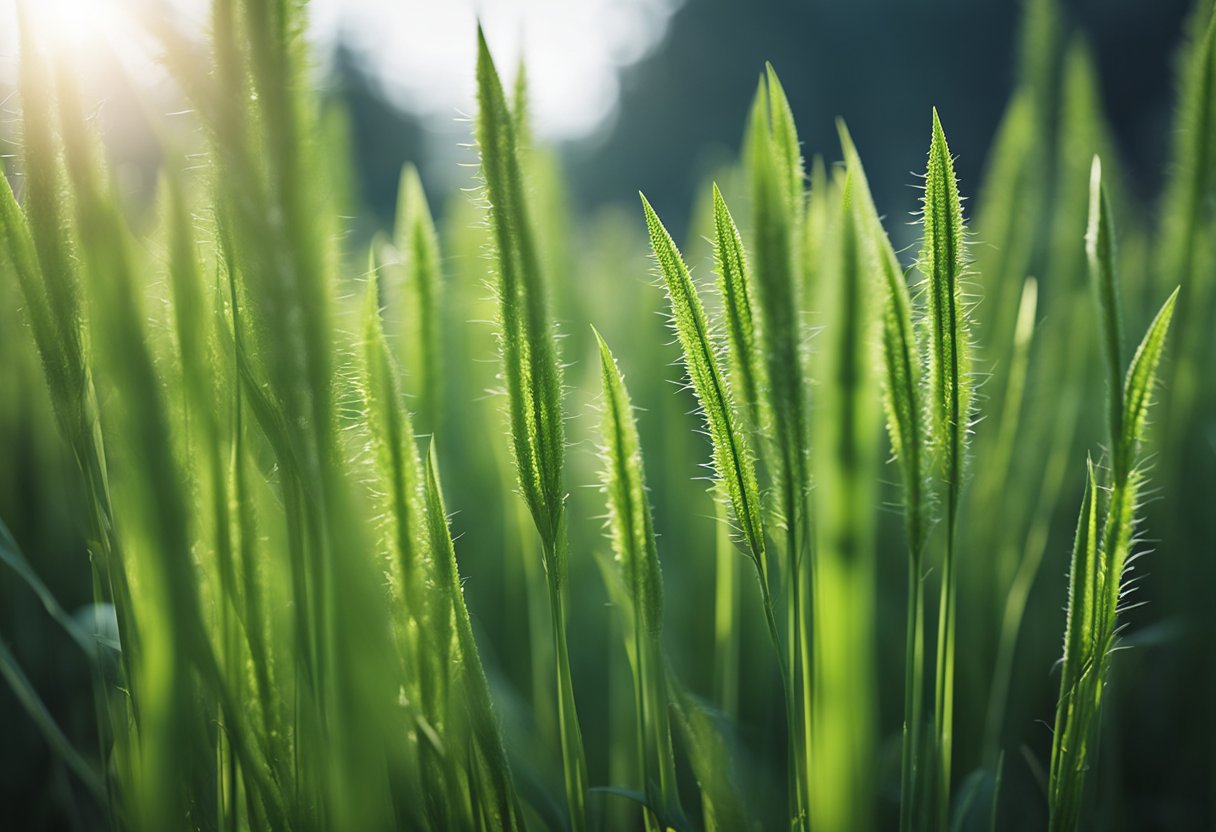
Is asparagus good for your health?
Yes, asparagus is a nutritious vegetable that is low in calories and high in vitamins and minerals. It is particularly high in folate, which is important for pregnant women.
Asparagus is also a good source of fiber, vitamin C, vitamin K, and potassium. Some studies have suggested that asparagus may have anti-inflammatory and antioxidant properties, which could be beneficial for overall health.
What are some delicious asparagus recipes?
Asparagus can be prepared in a variety of ways, including grilling, roasting, sautéing, and steaming. Some popular asparagus recipes include asparagus risotto, grilled asparagus with lemon and garlic, roasted asparagus with parmesan cheese, and asparagus soup.
Asparagus also pairs well with other ingredients like bacon, eggs, and mushrooms.
When is asparagus in season?
Asparagus is typically in season from late March to June in the United States. However, the exact timing can vary depending on the region and the weather conditions.
It is best to look for locally grown asparagus, which will be the freshest and most flavorful.
What is the texture of asparagus?
Asparagus has a firm, slightly crunchy texture when cooked properly. The tips of the spears are usually more tender than the bottom portions, which can be tough and fibrous.
To ensure that asparagus is cooked evenly, it is important to trim the ends and to cook the spears for the appropriate amount of time.
How does the taste of artichoke compare to asparagus?
While both asparagus and artichokes are vegetables that are often served as side dishes, they have distinct flavors. Asparagus has a mild, slightly earthy taste with a hint of bitterness, while artichokes have a nutty, slightly sweet flavor with a slightly tangy aftertaste.
The texture of artichokes is also different, with a more fibrous and chewy texture than asparagus.
Does asparagus really make your pee smell?
Yes, some people may notice a strong, pungent odor in their urine after eating asparagus. This is caused by a compound called asparagusic acid, which is broken down into sulfur-containing compounds that are excreted in the urine.
However, not everyone can detect the odor, and it is not harmful or a sign of any health problems.






